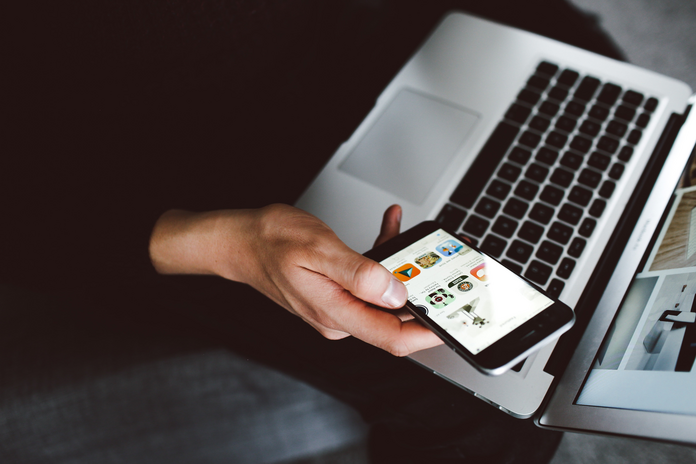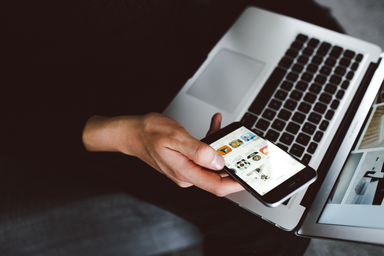As a busy collegiette who is constantly on the go, I constantly find myself browsing social media through my phone whenever I have a chance to do so. At first thought, it’s considered normal to have a Facebook, Instagram or Twitter account and to make use of these frequently. Hours can fly by browsing social media and we don’t even notice. But what if our constant use of social media can lead to a full-fledged addiction?
According to the Oxford Dictionary, an addiction is defined as the condition of being abnormally dependent on a habit or practice; or to something that is psychologically or physically habit-forming, to such an extent that its cessation may cause trauma. When dealing with an addiction, the addict must help fill a need or calm an anxiety that they may have. When this need is not filled, symptoms of withdrawal or uneasiness can surface.
This definition may seem a bit far-fetched at first glance, but addiction to social media is slowly shaping up to be a real issue. People today, especially young people, are used to organizing their lives around social media. 62% of 18-34 year olds check Facebook as soon as they wake up and 22% use social networking sites several times a day. In the past year, 12 million Americans admitted to using social networking many times daily.
Students asked to give up social media for 24 hours had symptoms such as phantom phone vibrations, reaching for a phone that wasn’t there and experienced fidgeting and restlessness. Anxiety and feeling cut off from the rest of the world has also been closely linked to people who were suddenly forced to give up social media.
Social media addicts can still be functional – meaning they can still live their daily real world lives without much interruption while still relaying heavily on their online lives. It might sound unbelievable to think that social media addiction is a legitimate issue to deal with, but the fact of the matter is that social media is impacting the way we live our daily lives. Take a day and evaluate yourself: see how much time you actually spend browsing Instagram or refreshing your Facebook newsfeed. It’s likely you will realize that these websites take up more time that you thought they would.
If you have experienced any of the following symptoms, it’s possible you have a heavy dependency on social media:
-You log onto a social network for at least 4 hours a day
-You bring a cell phone or an internet-friendly device into the bathroom
-You check websites before going to bed and as soon as you wake up
-You feel anxious when you cannot get on the Internet
With all this new technology it’s hard not to use social media. Believe it or not, at the Bradford Regional Medical Center in Pennsylvania, there is a rehab program targeted to patients who suffer from “internet addiction.” While constantly checking social media has not been recognized as an addiction in the medical world, mental health professionals are paying close attention to the fact that it encourages compulsive behavior, which can lead to addiction.
When it comes to using the Internet and engaging in social media, moderation is the key to success. Don’t punish yourself by deactivating all of your accounts in one day. Don’t freak out if you think you’re a potential social media addict. Find out your weakness and learn to control it. We may be more dependent on social media than we thought we were, but that doesn’t mean we cannot function without it.
*References:

